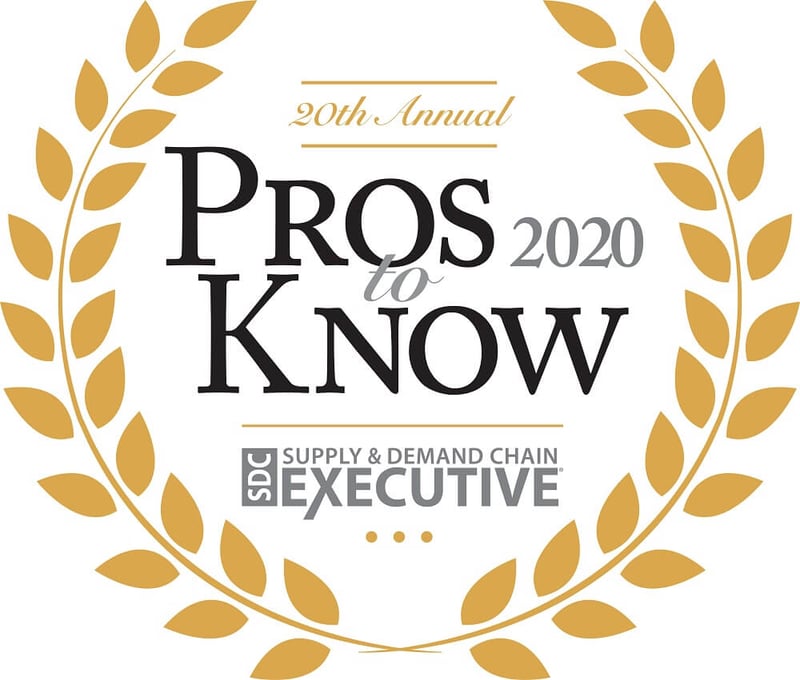
awards
Jarrett Nationally Recognized for Green Environment Initiatives

blog
4 Reasons You Need A Trustworthy Fleet Services Partner

blog
7 WAYS TO MINIMIZE FREIGHT INVOICE ERRORS

blog
3 Benefits of 3PL Warehousing Services

blog
Download Our Q1 2020 Industry Update!

culture
4 Ways Jarrett Has Adapted to Remote Work From Home

news
COVID-19 | JARRETT LOGISTICS UPDATE

blog
What is a 3PL? | How 3PLs Fit Into Supply Chain Management

news
